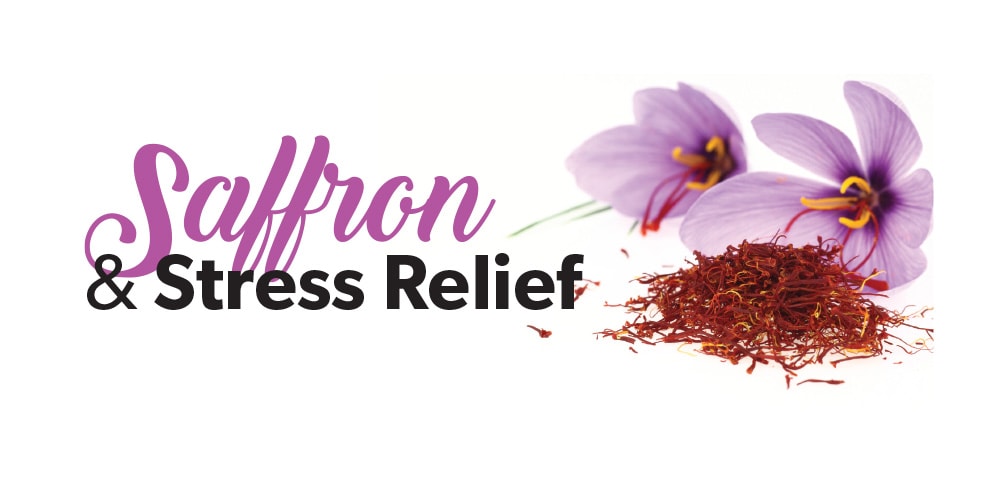
It’s no secret that stress is one of the most significant issues in today’s society. One-third of Americans and 21% of Canadians are living with extreme stress.
Most people are aware of this, but choose to ignore the symptoms of their stress anyway. The thing about stress is that it doesn’t get better when ignored. The effects of stress on the body are compounded with time, eventually leading to significant health issues.
Let’s look at some symptoms and complications of stress and learn the tips on how to reduce it.
Symptoms of stress
Stress manifests itself differently for each of us, but some of the common signs that you’re overstressed include:
- Anxiety
- Irritability
- Depression or sadness
- Low libido
- Feeling like your heart is racing
- Digestive issues, such as nausea, diarrhea, or constipation
- Muscle tension or jaw clenching
- Headaches
- Trouble sleeping
- Exhaustion
High-stress levels can lead to complications such as high blood pressure, increased risk of strokes and heart disease, gastrointestinal problems, accelerated aging, and premature death in the long term. If you are experiencing any of these symptoms, consult with your health care practitioner to ensure that there isn’t a more prominent factor at play.
How to manage stress
While some stress is a normal part of life, constant stress is a painful factor for many of us in our modern lifestyles. We don’t get an opportunity to “recover” from stress because it’s a part of our daily life. For stress management, I recommend prioritizing these things:
Physical well-being: Make sure you eat a balanced diet. Move your body by choosing physical activities that help promote relaxation. Stay well hydrated, and prioritize getting enough sleep. Setting a healthy foundation with your physical body goes a long way.
Emotional well-being: Reach out to support systems such as friends, family, or professionals (a therapist or a counsellor) to talk about your feelings. Make space for your emotions, start a journal, create art, or find other self-expression outlets.
Creating a stress-friendly schedule: Accept that you aren’t Superman or Wonder Woman. Learn to say no, and create a schedule that balances work and productivity with rest and play. You’ll be happier and more productive in the long run. In addition to these lifestyle changes, there are certain stress-busting supplements that can support you in reducing and managing the symptoms of stress. One of my favourites is saffron.
Saffron for stress relief
You may have heard about or even experienced the exquisiteness of saffron in the culinary arts, but did you know that saffron has equally impressive uses in reducing the symptoms of stress? Multiple clinical studies have shown saffron’s effectiveness in improving mood, tension, sadness, nervousness, and fatigue in adults and adolescents.
Saffron works because of the 100+ bioactive compounds found in this spice, which help reduce stress hormone levels and increase the concentration of “feel-good” neurotransmitters, such as dopamine, norepinephrine, and serotonin.
Consult with your health care practitioner to see if saffron can support you in your journey to low-stress living.
Multiple clinical studies have shown saffron’s effectiveness in improving mood, tension, sadness, nervousness, and fatigue.














